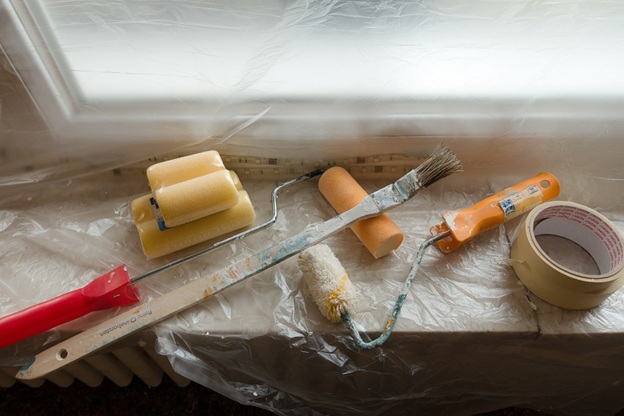For seniors looking for a new venture, house flipping offers a compelling blend of creativity…

If your bad credit score keeps you up at night, there’s good news for you. First, you can start improving your credit score today. Working on your credit is always a good thing, so review your credit report and start a plan to improve it.
The most important aspect of your credit report is that it is a one-time glimpse into the way you manage your finances. It’s not forever. It can and does change at any time, depending on choices that you make every day.
While your credit score is one of the key factors that lenders look at when you apply for a home loan, it’s not the only thing they review. If your credit need improvement, you can start changing it anytime. In the meantime, don’t let your numbers keep you out of a home.
Why Lenders Depend on Your Credit Score
The days of small town banking are long gone. You may still live in a small town, but it’s safe to say that not everyone knows you and your personal history. Banks must rely on industry-proven standards to help them make safe and reliable loans. They are responsible to their shareholders and board members to make a profit and to protect the bank’s assets. They must also follow government regulations for the Fair Credit Reporting Act.
The way banks make safe loans is to check a borrower’s credit history. Credit scores, employment history, and banking history can help a lender determine if a borrower is a safe risk for a mortgage. A bad credit score factors heavily into a mortgage review and can definitely hurt a borrower’s chance of obtaining a home loan.
How Can You Qualify for a Mortgage Despite Your Bad Credit Score?
For most of us, good and bad credit is more than just a three-digit compilation of our lives. Like great credit, bad credit can change within a few months. While you’re working on improving your credit, there are a few strategies that will help you get a home now.
- Increase Your Savings. Saving every penny you can while looking for a home is one of the smartest moves you can make. Even though your credit score counts, your available cash also plays into a bank’s determination of your credit-worthiness. In fact, if your credit score is below 580, most lenders require at least a 20% down payment. Even if your score is a little higher, putting down 20 or 30 percent tells the bank that you’re willing to invest in the home and yourself. It tells them that you’re willing and able to shoulder a mortgage because you’ve invested a substantial part of it.
- Private Financing. A private mortgage can come from anybody with the cash on hand pay in full for the home. If you have a family member or friend or can obtain a private loan from a lender who can foot the mortgage, then your bad credit score no longer matters. Of course, before going this route, you will want to make sure the terms with the third party are fair to you and that you honor them. Watch out for unreasonable terms and high interest rates. If you’re willing to accept higher terms, then be certain you can meet them.
- Look Into an FHA Loan. FHA loans are insured by HUD and they require lower down payments, lower closing costs, and they do not require a high credit score to qualify. While you must use an FHA-approved lender and mortgage insurance is a requirement for the life of the loan, these loan products come with perks, too. You are allowed to receive monetary gifts, something not always possible with a conventional loan. There is no penalty for early payment and you can pay the loan off at any time with no early payment penalties.
The Bottom Line
Bad credit may affect your credit worthiness, but there are other ways to show the bank that you are a worthy mortgage holder. Sometimes thinking outside the box benefits all parties. Remember, banks are in business to make money and if you can show them that you’re a good risk, despite your credit score, you can find your mortgage.


